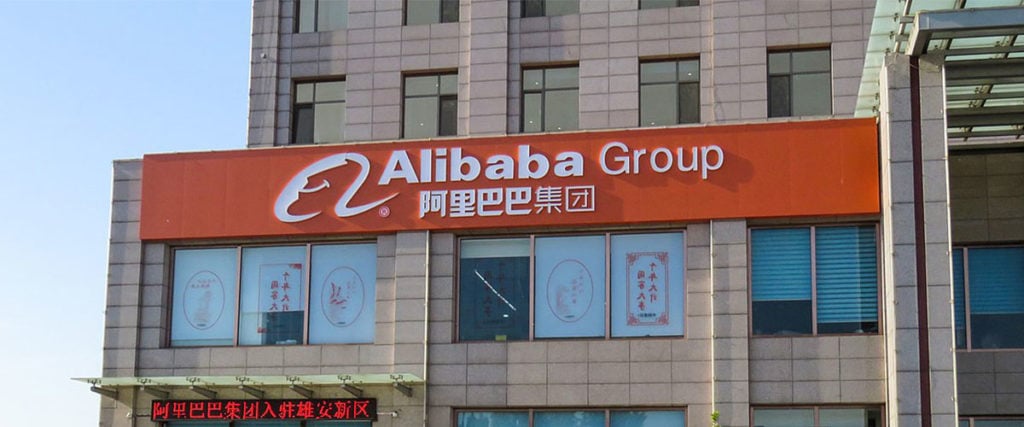Chinese e-commerce giant Alibaba reported strong growth for the past fiscal year ended 31 March, exceeding expectations, despite a ‘challenging’ last few months as a result of the COVID-19 pandemic denting economic activity in China.
The company raked in USD 16.1 million in revenue for the first quarter, and USD 71.9 million for the fiscal year ended March 31, representing a 22% and 35% increase in sales year-over-year (YOY) respectively. Alibaba has also delivered on its ambitious 5-year goal of selling USD 1 trillion worth of goods across its digital platform for the 2020 fiscal year and now claims to have 960 million active consumers globally, including 180 million outside China. A large bulk of this growth is attributed to the surge in demand for online shopping amid strict lockdown measures in China, as well as robust cloud computing revenue growth. According to Gartner (April 2020), Alibaba Cloud is the largest cloud computing service provider in the Asia Pacific region – a position that’s maintained by developing solutions that enable the digital transformation of businesses across industries in the public and private sectors. Cloud computing is set to become a major driver of growth – 71% of CEOs globally have a mandate to go into the cloud and Alibaba’s pay-as-you-go model could be key to helping companies cut operational costs and facilitating rapid growth.
“The pandemic has fundamentally altered consumer behaviour and enterprise operations, making digital adoption and transformation a necessity,” said Daniel Zhang, Chairman and CEO of Alibaba. “By focusing on the long term and investing in value creation for our consumers and business customers, we believe we will emerge from this crisis stronger and be ready to capture more growth in the future.”
However, profits were almost completely wiped out in their last quarter ending 31 March, with net income plunging by 99% YOY to RMB 348 million (USD 49 million). Alibaba attributes the substantial drop to ‘a net loss in investment income, mainly reflecting decreases in the market prices of our equity investments in publicly-traded companies.’
Alibaba has experienced a tough few months as a result of COVID-19. Domestic business activities were negatively impacted late January onwards, forcing Alibaba to implement business continuity measures including “minimizing supply chain disruptions, cutting costs, identifying new revenue opportunities, improving cash flow and managing a remote workforce.” International marketplaces also began to experience a negative impact in February. As a result, Alibaba’s AliExpress and Lazada both saw sizeable decreases in YOY growth due to ‘supply chain and logistics disruptions’ that, in turn, negatively affected GMV growth from sales to North America, South America and Europe. Collectively, these disruptions sent Alibaba shares plummeting nearly 6%, cutting USD 1.5 billion from the estimated wealth of company founder Jack Ma.
Although international demand for Alibaba products “remains soft” and economic recovery is uncertain, CFO Maggie Wu is hopeful, adding that a “steady recovery” in Alibaba’s domestic core commerce business has been evident since March. “Based on our current view of Chinese domestic consumption and enterprise digitisation, we expect to generate over RMB 650 billion (USD 91 billion) in revenue in [the] fiscal year 2021.”
For further discussion of the results, tune in to a recorded webcast of Alibaba’s conference call.
Photo Credit: commons.wikimedia.org
Related Articles
Alibaba Founder Jack Ma to Resign from SoftBank’s Board
VPN Downloads Surge in HK After Proposed Security Law Raises Alarms
SoftBank To Sell 5% Stake in Telecom Subsidiary Softbank Corp





